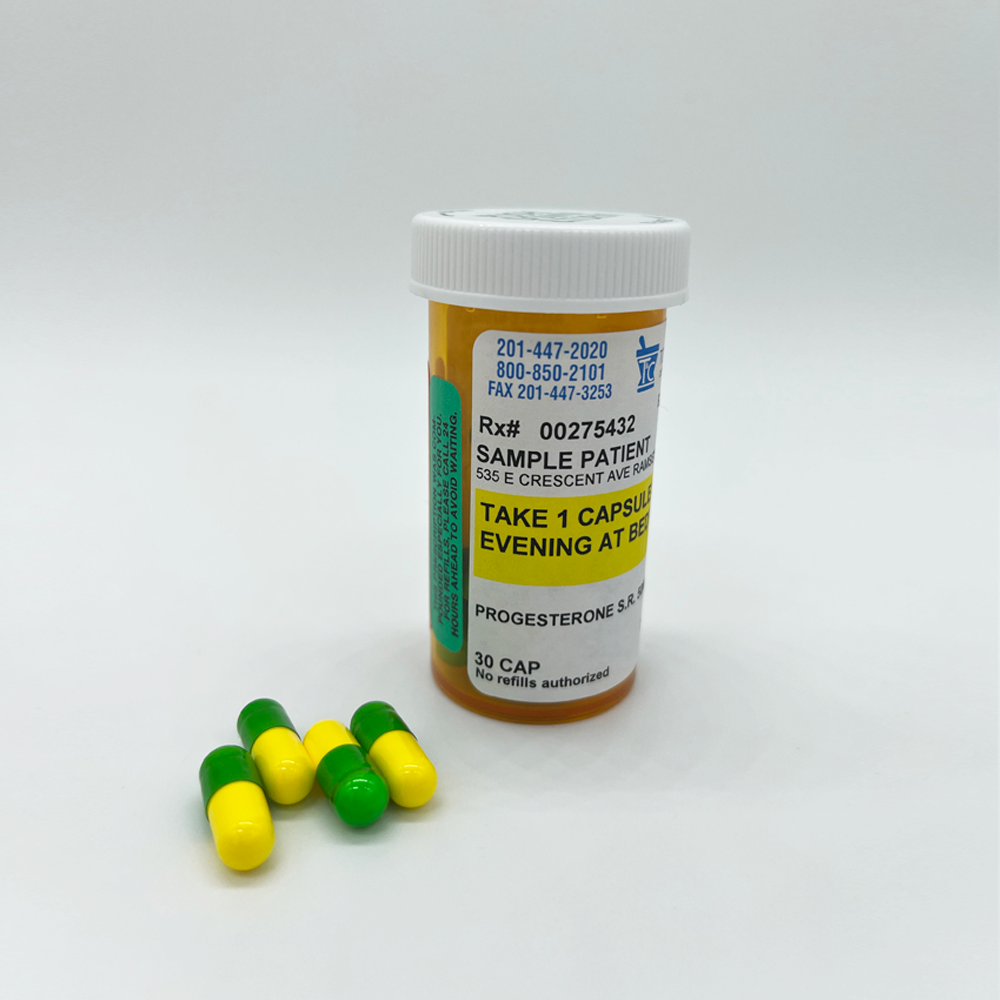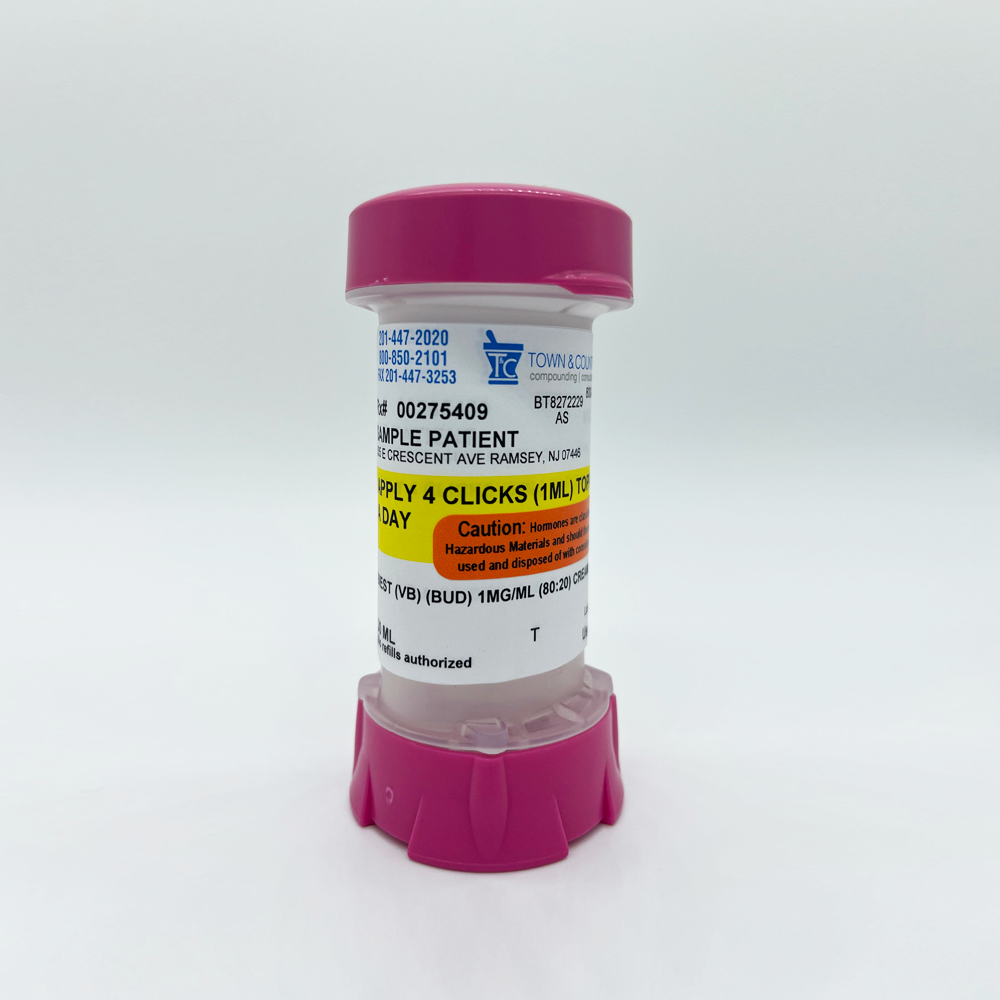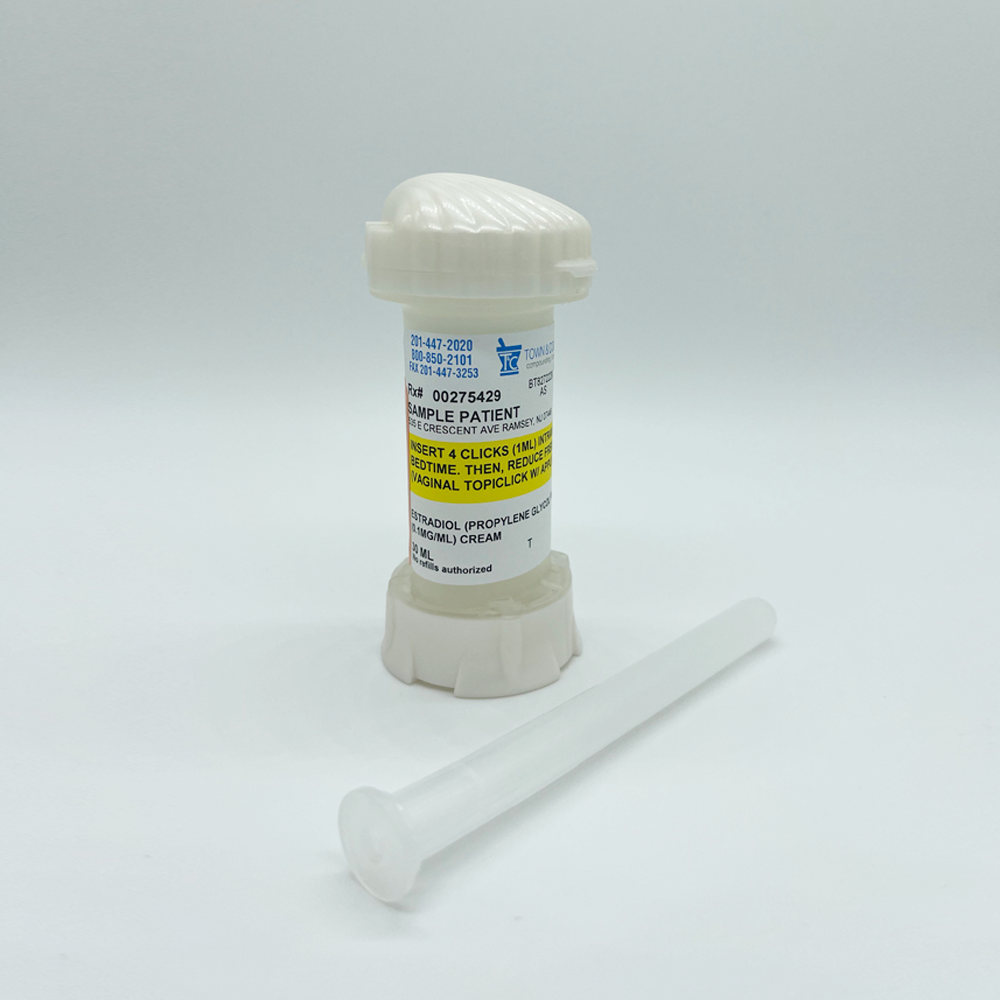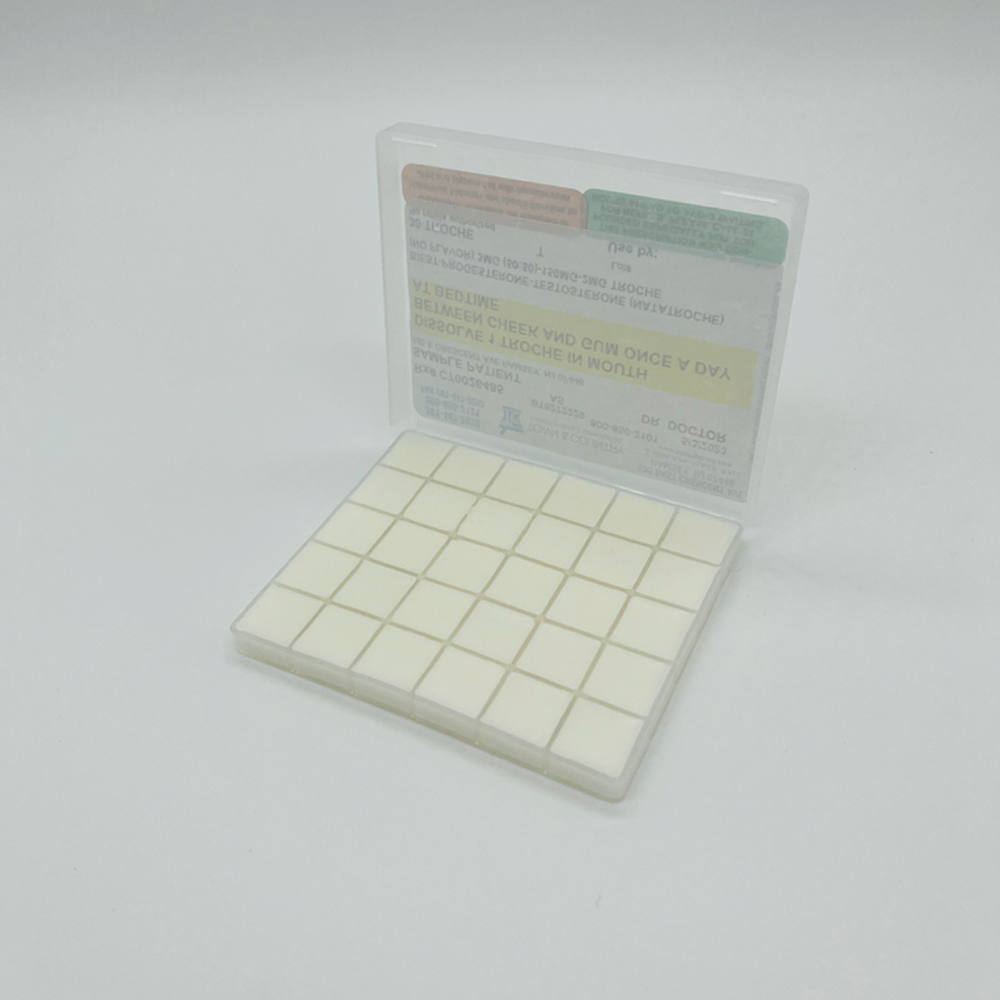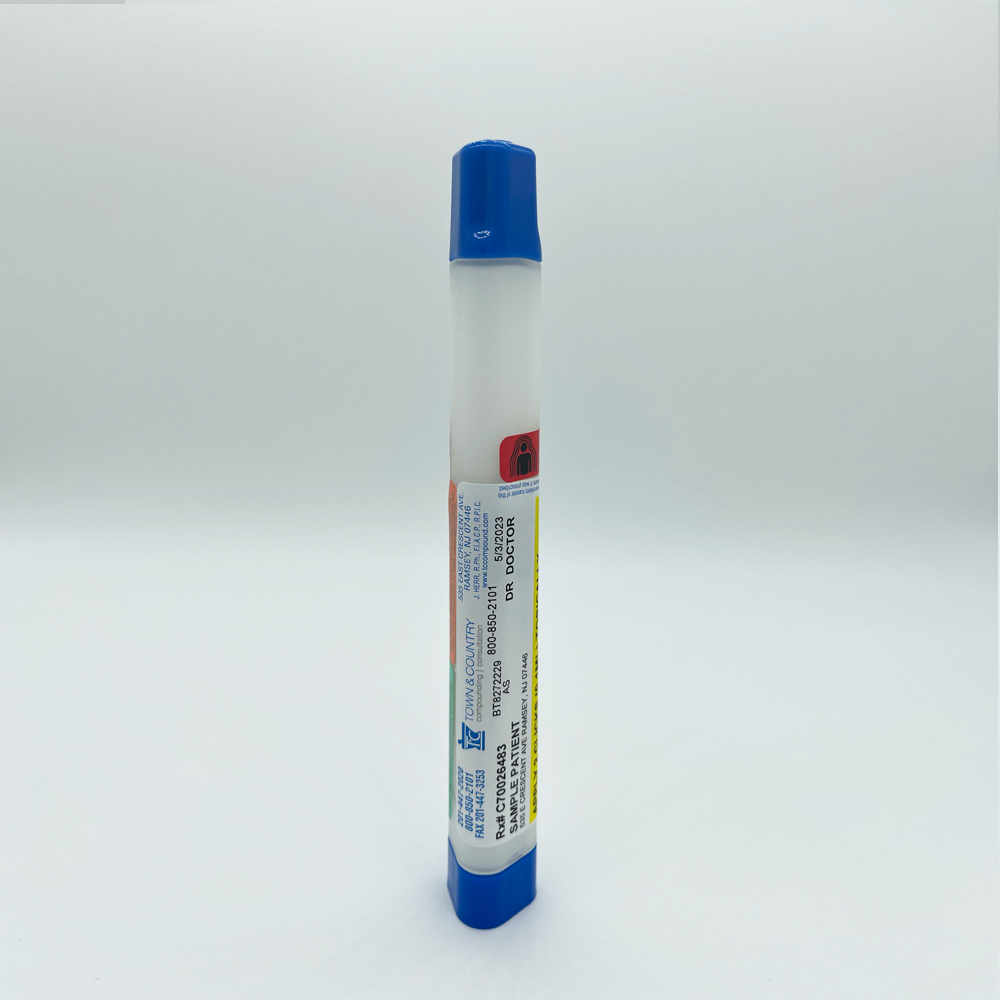Town & Country Compounding - BHRT Resources
Our accreditations place us in the top 1% of compounding pharmacies
What is BHRT? Bioidentical vs Synthetic Hormone?
- Bioidentical hormones can be derived from plant substances such as soy or yam, and are natural in the sense that they are formulated in the lab to be biologically identical in molecular and chemical structure and function to hormones produced by the human body. Our body recognizes these bioidentical hormones as its own.
- Synthetic hormones are synthesized to mimic innate hormones, but with slightly different chemical structures for convenience of pharmaceutical dosing and patentability by the pharmaceutical manufacturer. Synthetic hormones are not the same as the naturally-produced human hormones and often have unintended side effects.
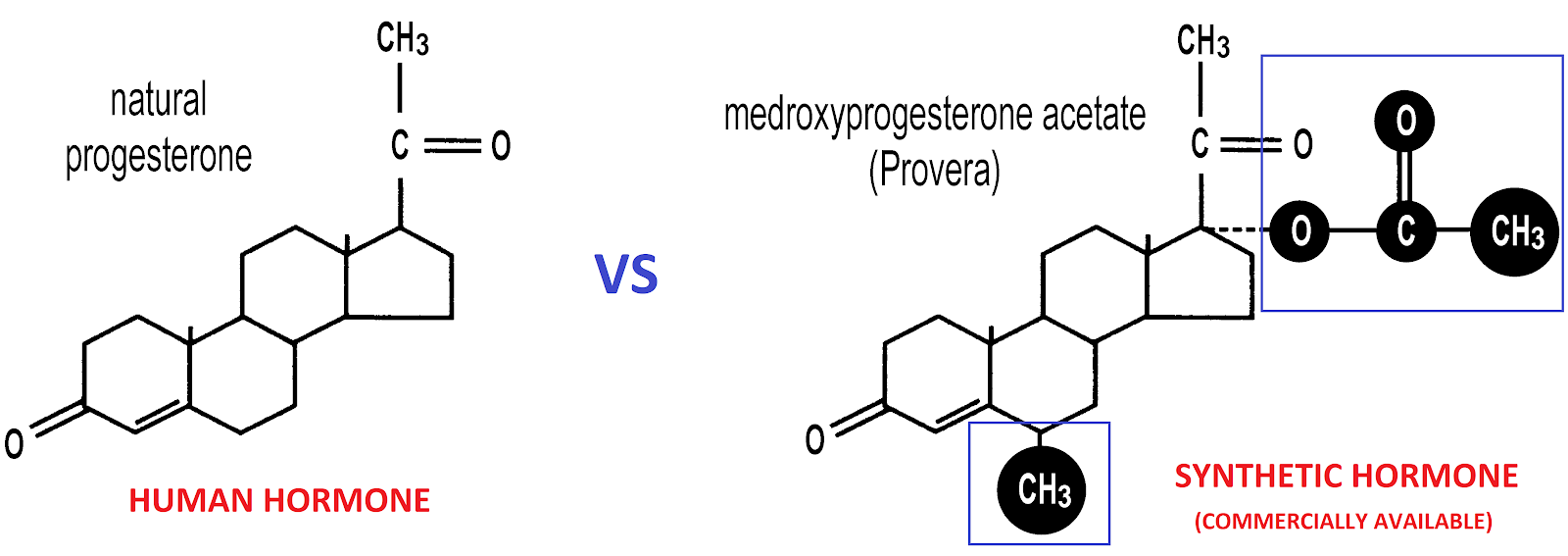

The pharmacists at Town and Country Compounding are available to discuss with you or your physician your options for bioidentical hormone replacement therapy.
Hormone Production Naturally Declines with Age
Women
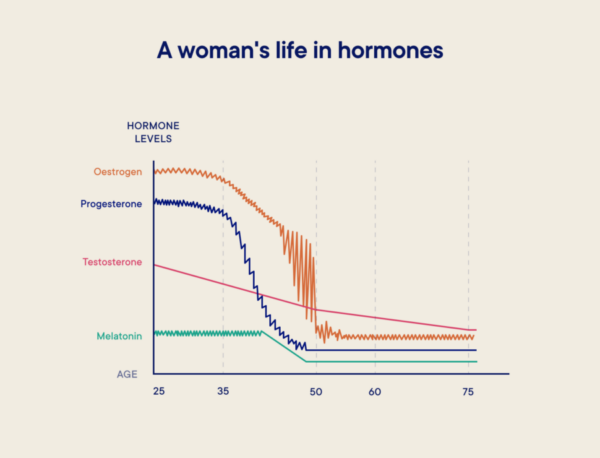

Men & Women
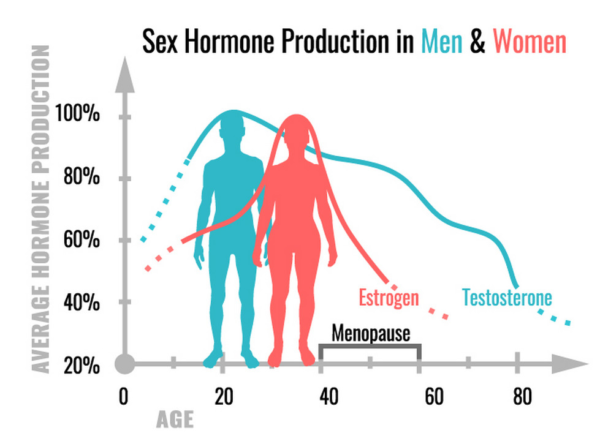

Is Hormone Therapy Risky?
- In 1991, Women’s Health Initiative (WHI) study was done to research how common diseases such as cardiovascular disease, breast cancer, colorectal cancer, and osteoporosis affect women after menopause.
- In 2002, results showed that post-menopausal women taking combination estrogen and progestin (progestin is not progesterone) hormone therapy for menopause symptoms had an increased risk for breast cancer, heart disease, stroke, blood clots, and urinary incontinence.
- This study has raised concerns about hormone therapy. However, it focused on commercially available synthetic estrogen and progestin therapy. It failed to consider the inherent weaknesses of synthetic estrogens and that the age of the subjects predisposed them to such risks.
- In 2004, this part of the study was closed down. The press release announced that: “After careful consideration of the data, NIH has concluded that with an average of nearly 7 years of follow-up completed, estrogen alone does not appear to affect (either increase or decrease) heart disease, a key question of the study. It has not increased the risk of breast cancer during the period of the study.”
- The misconception that “hormone therapy causes cancer” was caused by this particular study and this does not apply to bioidentical hormones. In fact, it does the opposite. Some studies show that bioidentical hormones may protect the human body from cancers, reduce risk osteoporosis, and reduce risk or improve cardiovascular diseases.
Who May Benefit from BHRT?
- Menopausal or perimenopausal (time during which human body makes natural transition to menopause) women
- Premenopausal women with hormone imbalance or conditions such as premenstrual syndrome (PMS), polycystic ovary syndrome (PCOS), infertility, migraines, premenstrual dysphoric disorder (PMDD) and more
- Men with hormone imbalance
Potential Benefits of BHRT as Shown in Studies
- Reduce risk osteoporosis and restore bone strength
- Reduce incidents of hot flashes
- Reduce vaginal dryness/thinning
- Better maintenance of muscle mass and strength
- Reduce risk heart disease and stroke
- Improve cholesterol levels
- Reduce the risk of depression
- Improve sleep quality and mood
- Improve concentration, memory, mental acuity
- Improve energy levels
- Improve sex drive
Common Hormones
Estrogen
- 3 main types of estrogens produced in our bodies:
- Estrone (E1)
- Estradiol (E2): used topically, vaginally, or orally
- Estriol (E3): often in vaginal creams alone & commonly in combination with estradiol topically or orally
- Bi-est: a combination of estriol and estradiol
- Tri-est: a combination of estriol, estradiol, and estrone
- Potential positive effects of estrogen:
- Improve cognition/insomnia
- Improve vaginal dryness/atrophy
- Prevent heart disease/stroke
- Prevent osteoporosis
- Improve skin
Progesterone
- NOTE: Balancing levels of estrogen and progesterone are important, therefore commonly taken together
- In menopause, women’s bodies barely make any progesterone as opposed to estrogen that does still get produced although less.
- Recommended to take at bedtime
- Potential positive effects of progesterone:
- Reduce the risk osteoporosis
- Reduce the risk of heart disease
- Reduce the chance of migraines /hormonal headaches
- Reduce symptoms of PMS
- Improve sexual desire
- Improve insomnia
Testosterone
- Used for men AND women
- Men’s testicles primarily make testosterone, therefore it’s a major male hormone.
- Women’s ovaries also make testosterone, though in much smaller amounts.
- Postmenopausal, premenopausal, and perimenopausal women may benefit from testosterone therapy.
- Potential positive effects of testosterone in men and women:
- Improve menopausal symptoms
- Improve sexual desire
- Improve cognition/memory
- Improve stamina
- Reduce the risk of heart disease
- Reduce the risk of Alzheimer’s disease
- Improve muscle strength and bone dens
DHEA (Dehydroepiandrosterone)
- Most abundant steroid hormone in the body produced by the brain and adrenal cortex
- Converts to estrogen, progesterone, and testosterone
- Declines with age starting in the late twenties and stress may change levels at any age
- Potential positive effects of DHEA:
- Improve energy levels
- Reduce the risk of heart disease
- Reduce cholesterol and percentage of body fat
- Improve memory/cognition
- Improve immune system
- Improve sexual desire
Pregnenolone
- Synergistic effect in combination with DHEA
- Converts to DHEA, estrogen, progesterone, and testosterone
- Low level is a possible indicator of stress as it inhibits the production of cortisol.
- Potential positive effects of pregnenolone:
- Improve cognition/memory
- Improve mood/anxiety/depression
- Improve sleep
- Reduce the percentage of body fat
- Improve energy level
- Improve skin
Other Hormones
- Human growth hormone
- Melatonin
Do you need a private consultation?
BHRT Dosage Forms & Tips for Administration
Usage of specific dosage forms depends on compliance, type of response desired, and medications involved
How are Hormones Dosed?
- Generally, your physician will start on low doses and adjust slowly
- BHRT is not one-size-fits-all. Every patient is different.
- Efficacy can be improved by changing timing of application and/or route of administration
- Compliance is most important. Do not adjust the dosage without supervision.
- Hormone testing is critical because symptoms of different imbalances overlap. Too much of a hormone can create the same symptoms as too little. Therefore, validating each hormone independently is very important. Regular hormone testing is necessary to review and adjust doses accordingly
Possible Side Effects / Precautions to Watch Out For?
May occur with improper dosing or imbalance of hormones, however can be resolved with dosage adjustment. Please let your physician or our pharmacists know if you experience any.
- Itching/redness at the site of injection or topical application of hormones
- Increased facial hair
- Tiredness
- Spotting
- Acne
- Cramping
- Bloating
- Mood swings
- Headaches
- Breast tenderness
- Weight gain
- Blurred vision
- Indigestion
What to Expect Once Starting the Therapy?
- Give at least a month to see how your body adjusts. Don’t give up even if you don’t feel perfect!
- It may take multiple dosage adjustments to find the perfect dose. Listen carefully to what your body says!
- The symptoms of hormone imbalances can overlap. An above-normal level of one hormone can present the same symptoms as a below-normal level of another. It is important to evaluate all of the hormones to determine which may need adjustment.
- If you are premenopausal or perimenopausal, you still have your hormones in addition to the hormone replacement. Your hormones are still constantly changing from month to month and this can also affect how you feel.
- Our gut makes hormones and it is responsive to hormones. Hormones help digestion, immune function, metabolism, growth, prevention of disease, and healing. Therefore, what you eat, nutrition and vitamins are very important.

